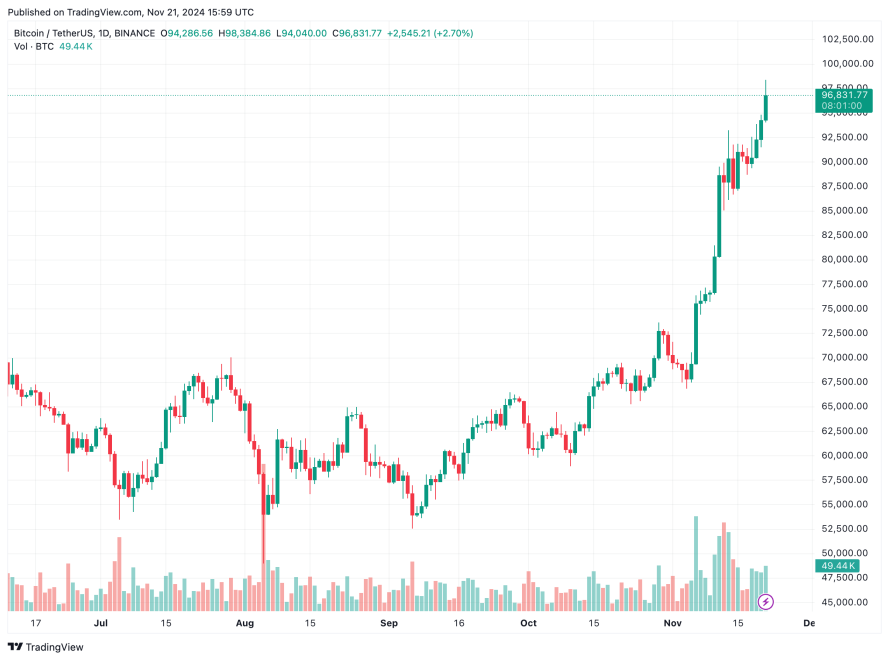
Japan is preparing to roll out a historic economic stimulus package to overhaul the country’s tax policies. Among its many components, the package will introduce significant changes to the nation’s approach to crypto taxation.
Digital Asset Taxation To Witness Change In Japan
Japanese Prime Minister Shigeru Ishiba is poised to implement a groundbreaking reform in the country’s digital asset tax policy. According to Bloomberg, the Japanese government plans to introduce a flat 20% tax rate on all crypto gains.
The proposed tax reform comes after Ishiba’s ruling Liberal Democratic Party (LDP) negotiated with the opposition Democratic Party for the People (DPP) to incorporate the latter’s tax-cut proposals into the stimulus package. This development follows the LDP’s coalition losing its parliamentary majority in October’s national election.
Key highlights of the stimulus package include raising the ceiling for tax-exempt income from 1.03 million yen to 1.78 million yen and cutting gasoline taxes. Japan’s tax-free income threshold has remained unchanged for the past 30 years.
From a virtual asset perspective, the package aims to simplify Japan’s notoriously complex digital asset tax policies. Under current regulations, virtual asset gains are classified as “miscellaneous income,” subjecting individuals to tax rates as high as 55%.
The Japanese government recognizes digital assets as a legitimate investment class by introducing a flat 20% tax rate on digital asset gains. This new rate aligns digital asset taxation with the current tax framework for stock market gains.
The new digital asset tax rate is expected to effect by 2025, pending parliamentary approval. Recent reports indicated that sweeping tax reforms with lower tax rates were in store for digital assets in Japan.
Japan Eyes Crypto Supremacy In Asia
Unlike major Asian economies such as China and India, which have taken a stricter stance on cryptocurrencies, Japan has maintained a progressive approach to digital assets. The island nation was among the first countries to establish a comprehensive legal framework for crypto taxation.
A recent survey by asset management firm Nomura Holdings revealed a significant shift in Japanese institutional investors’ attitudes toward virtual assets. The study found that 54% of respondents intend to integrate crypto assets into their portfolios within the next three years.
Additionally, several Japanese companies have called on the government to follow the US and Hong Kong in approving crypto-based exchange-traded funds (ETFs). Specifically, they recommend ETFs focused on Bitcoin (BTC) and Ethereum (ETH).
The private sector’s growing enthusiasm for digital assets is evident in recent initiatives. For instance, early-stage investment firm Metaplanet raised $68 million to increase its Bitcoin reserves, reflecting broader acceptance of crypto in Japan’s corporate landscape. BTC trades at $96,831 at press time, up 2.2% in the past 24 hours.



















